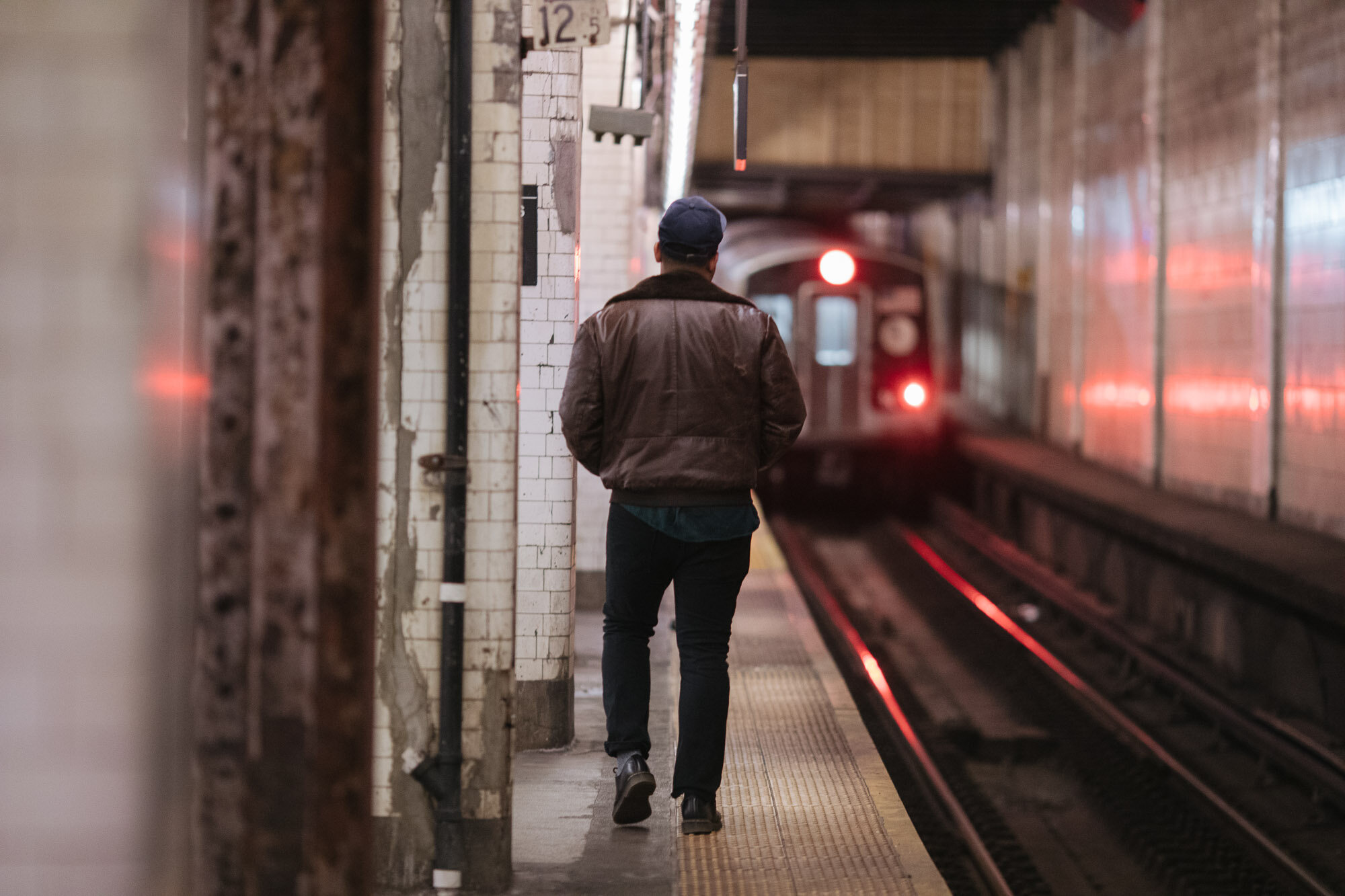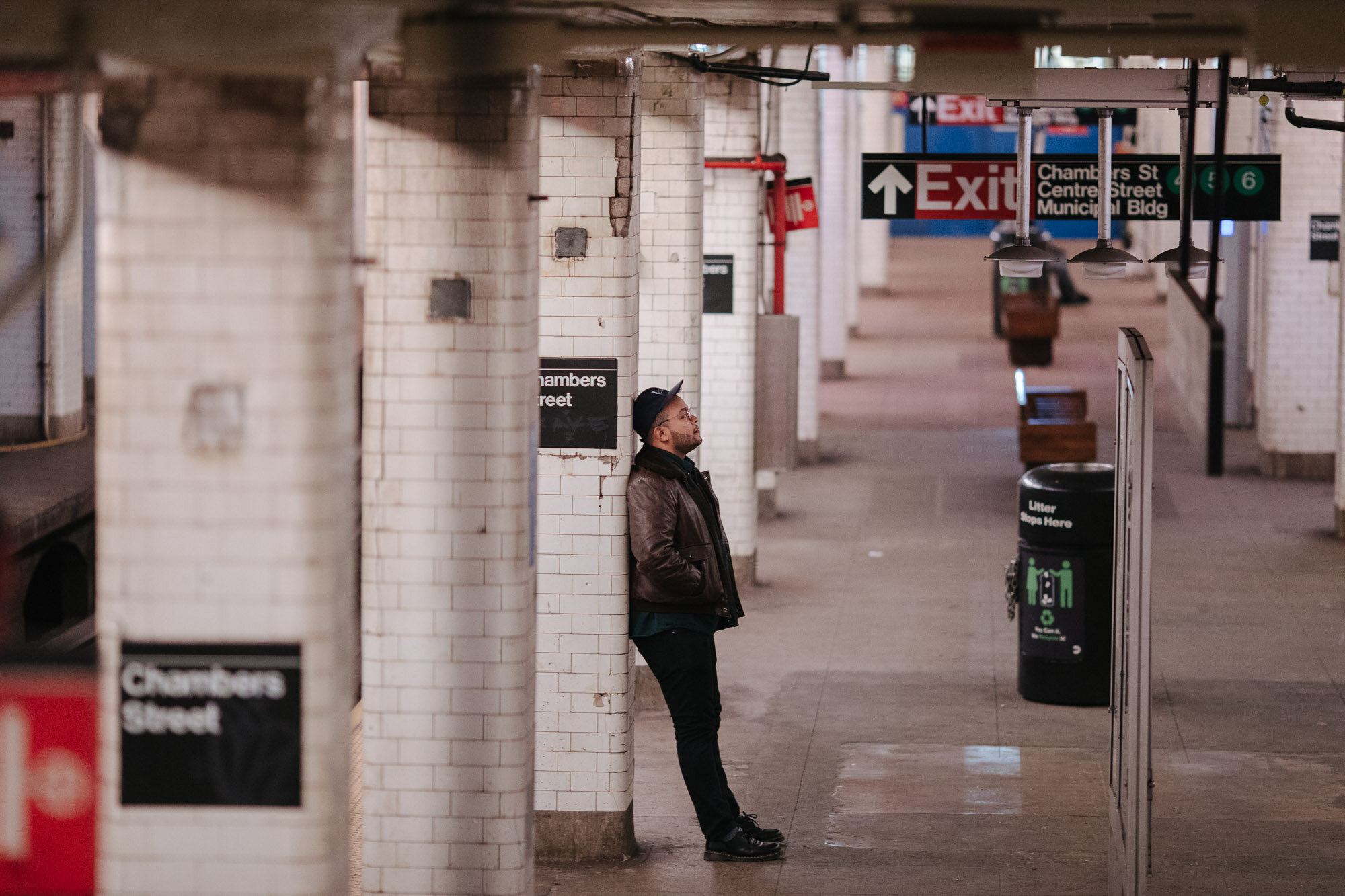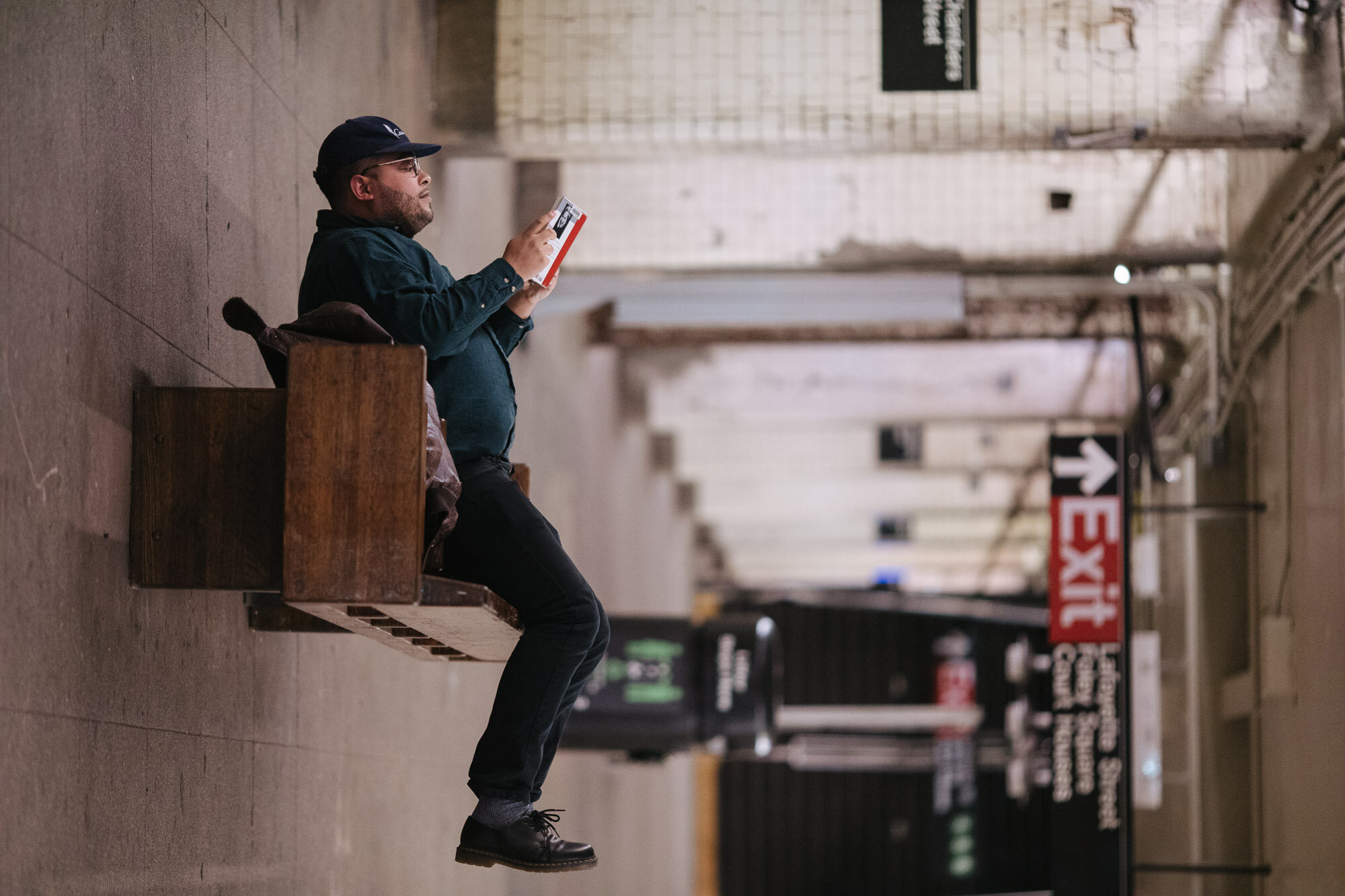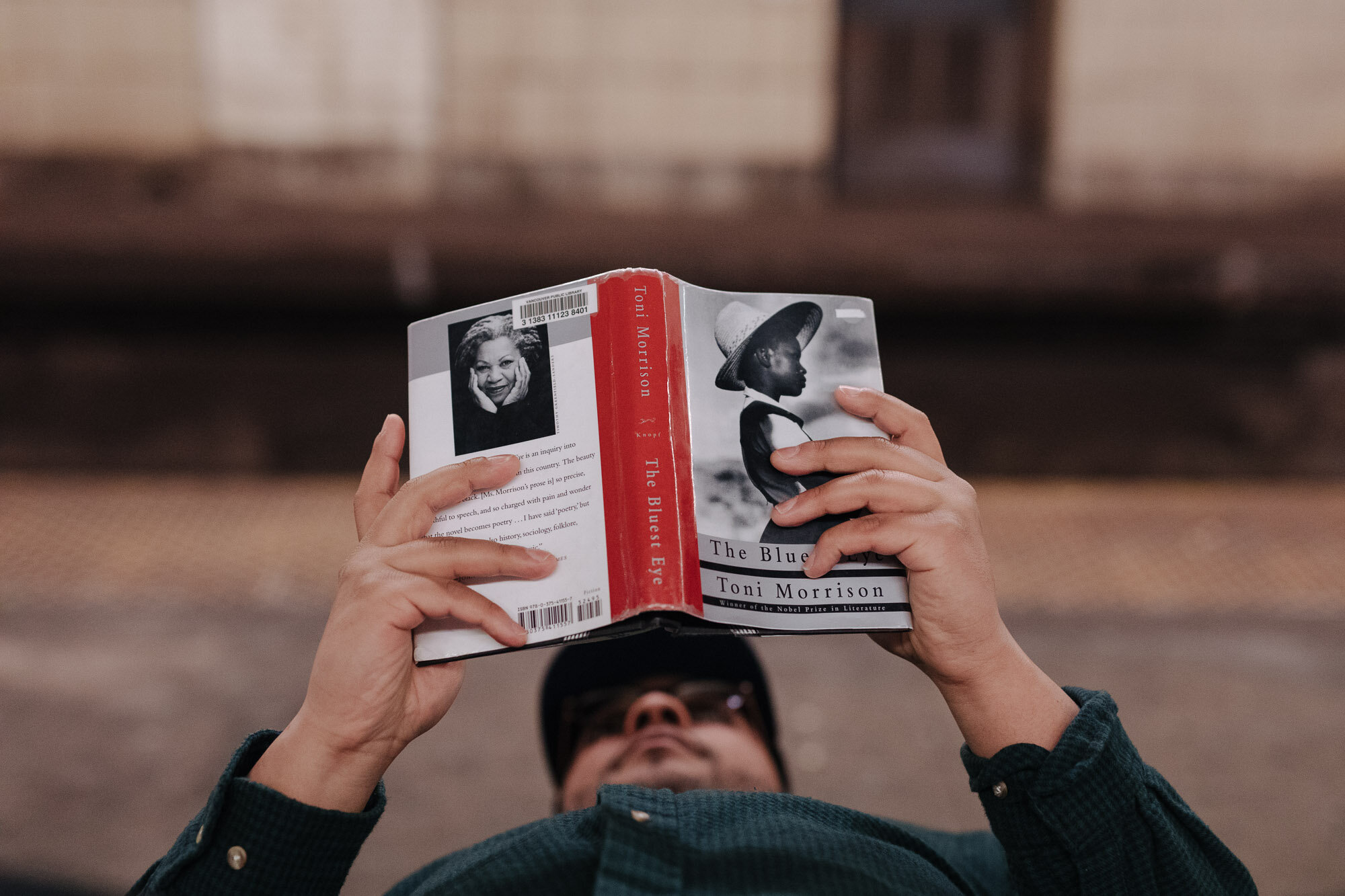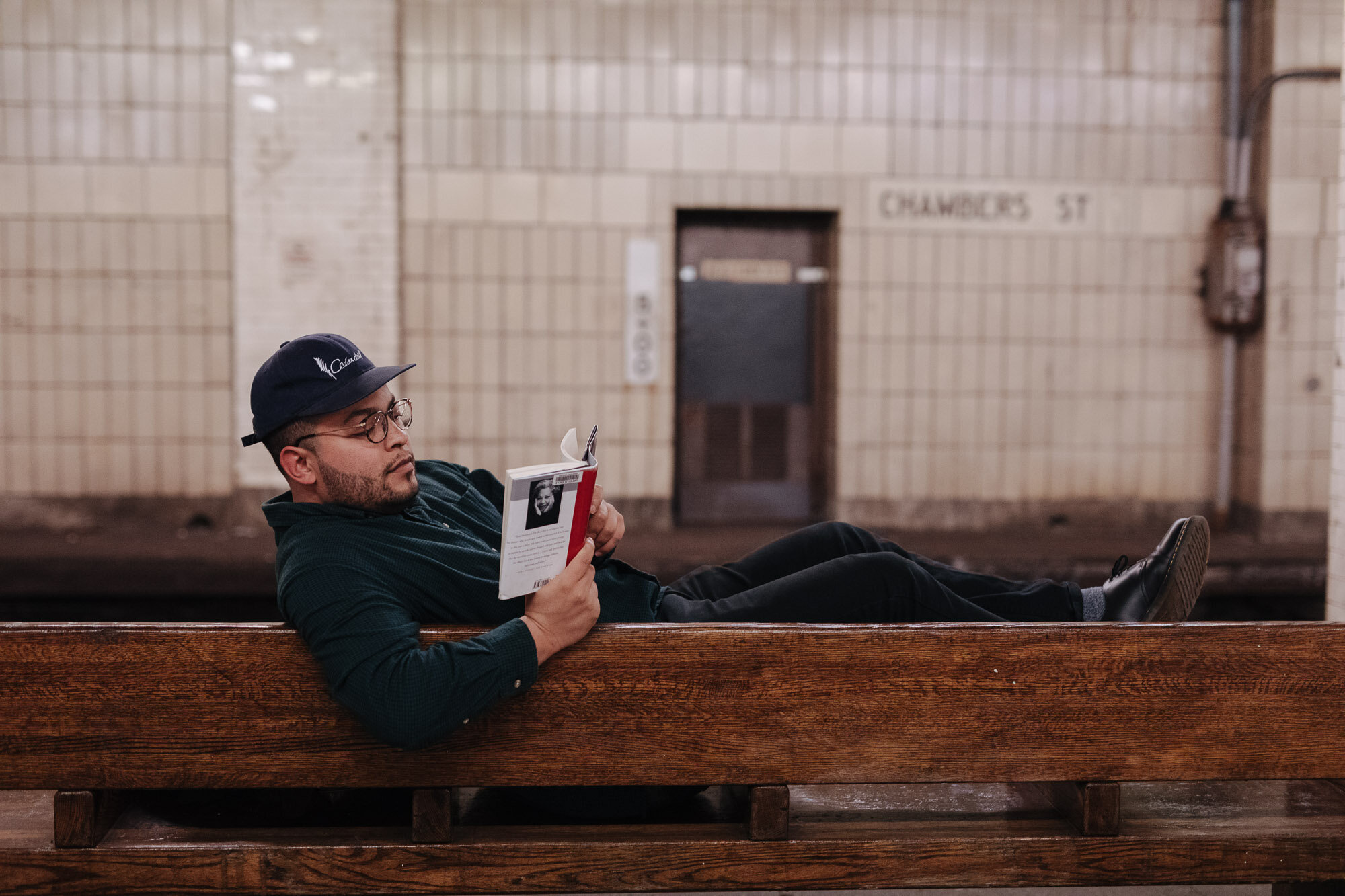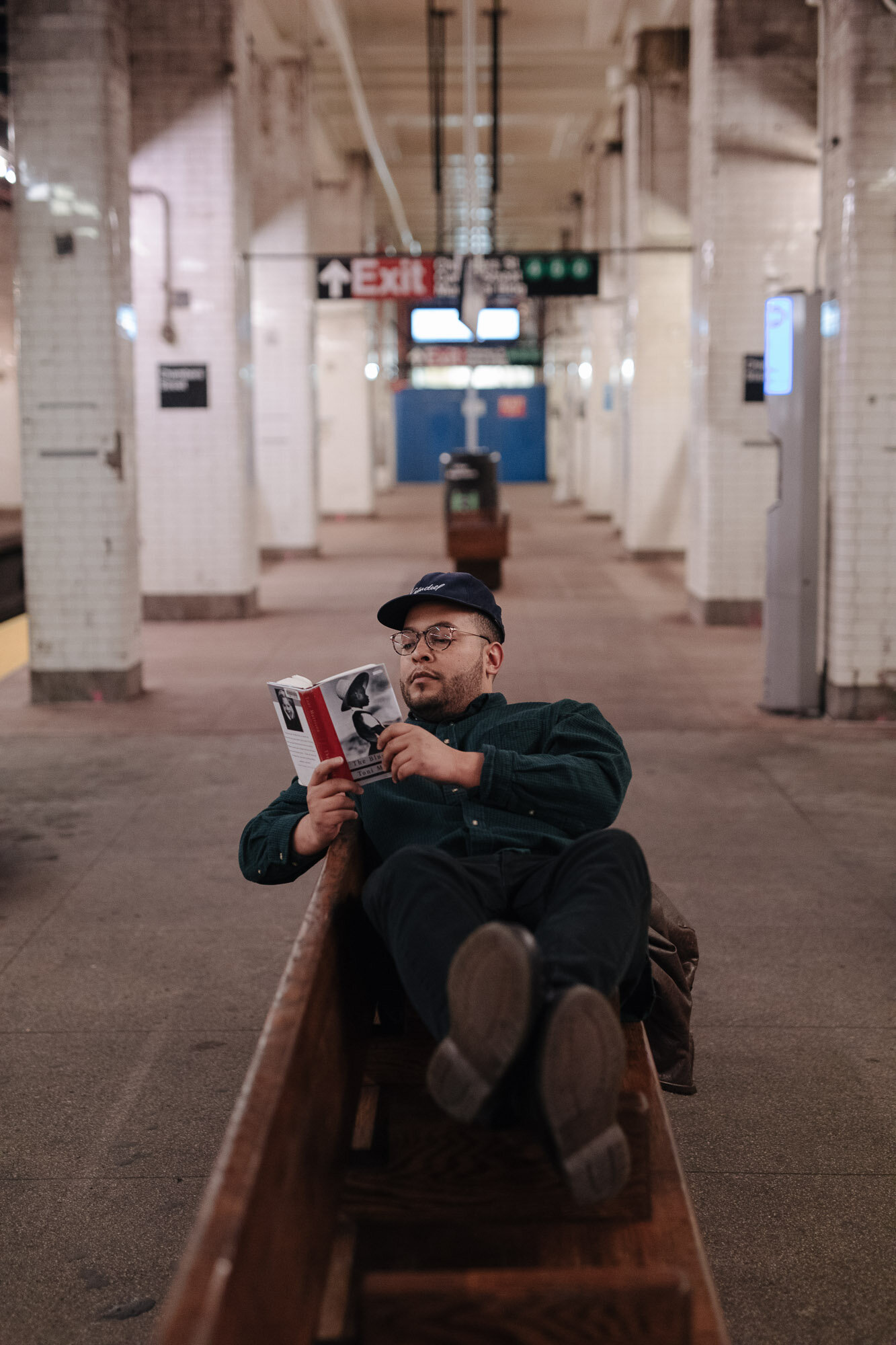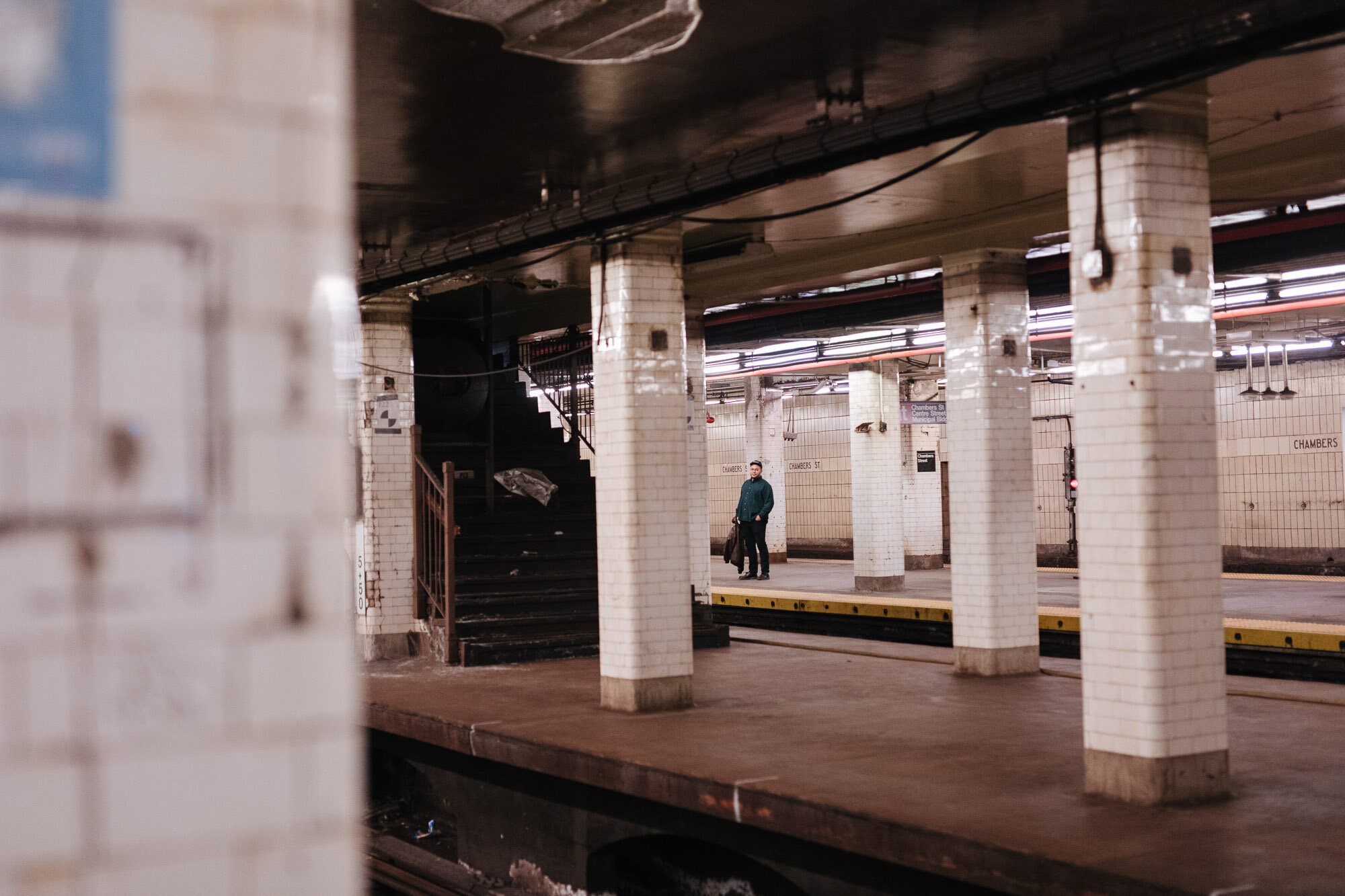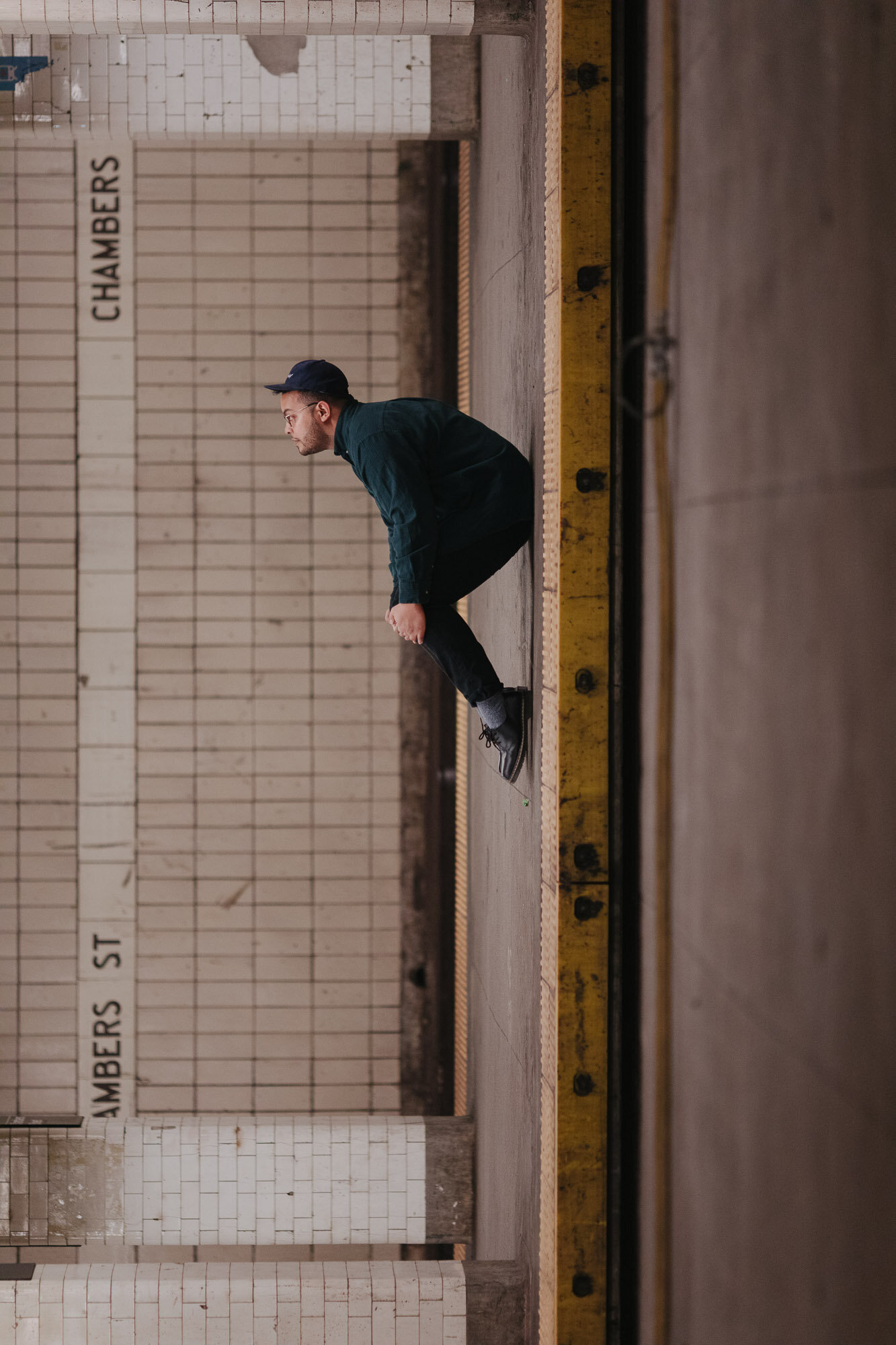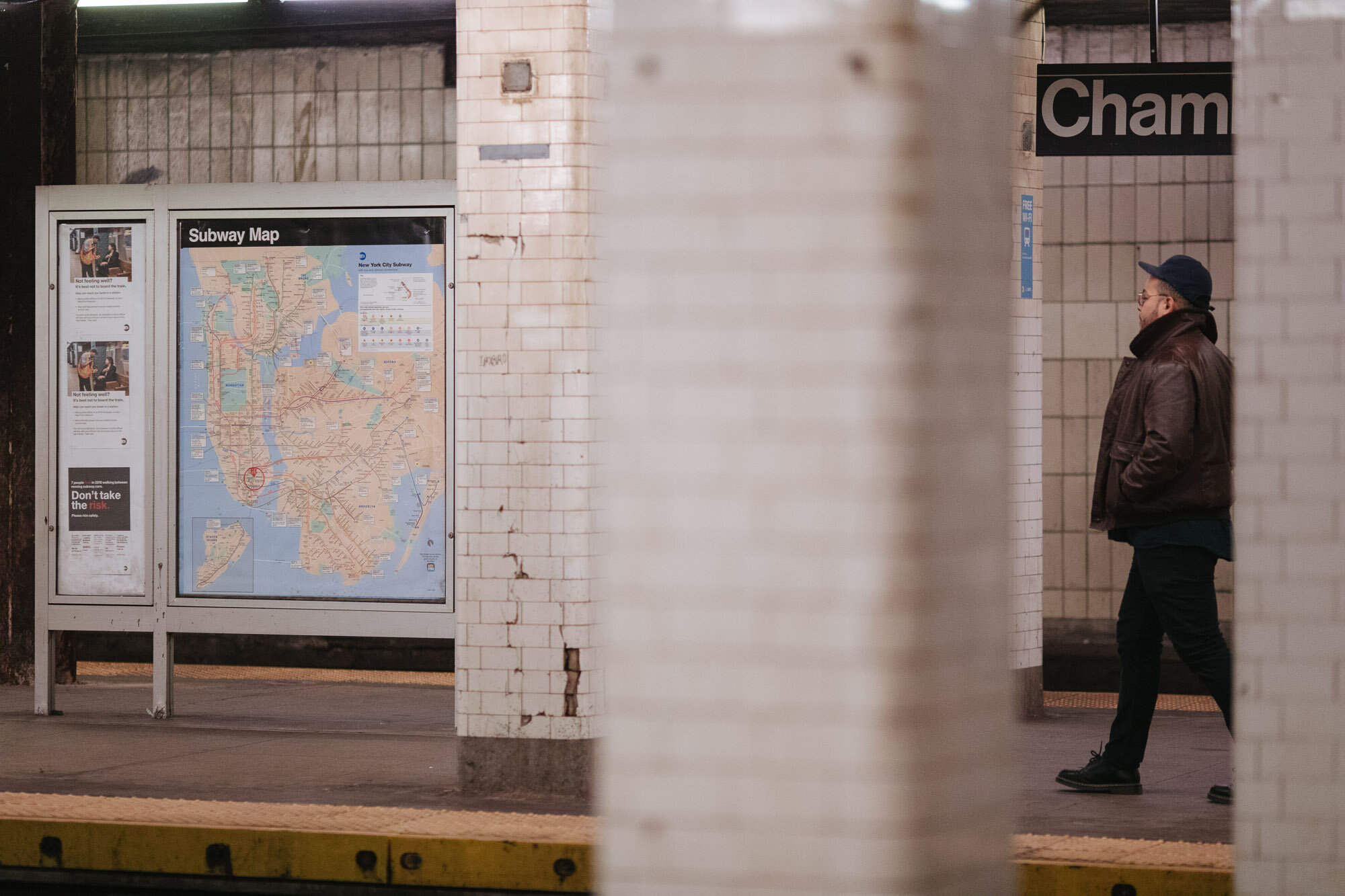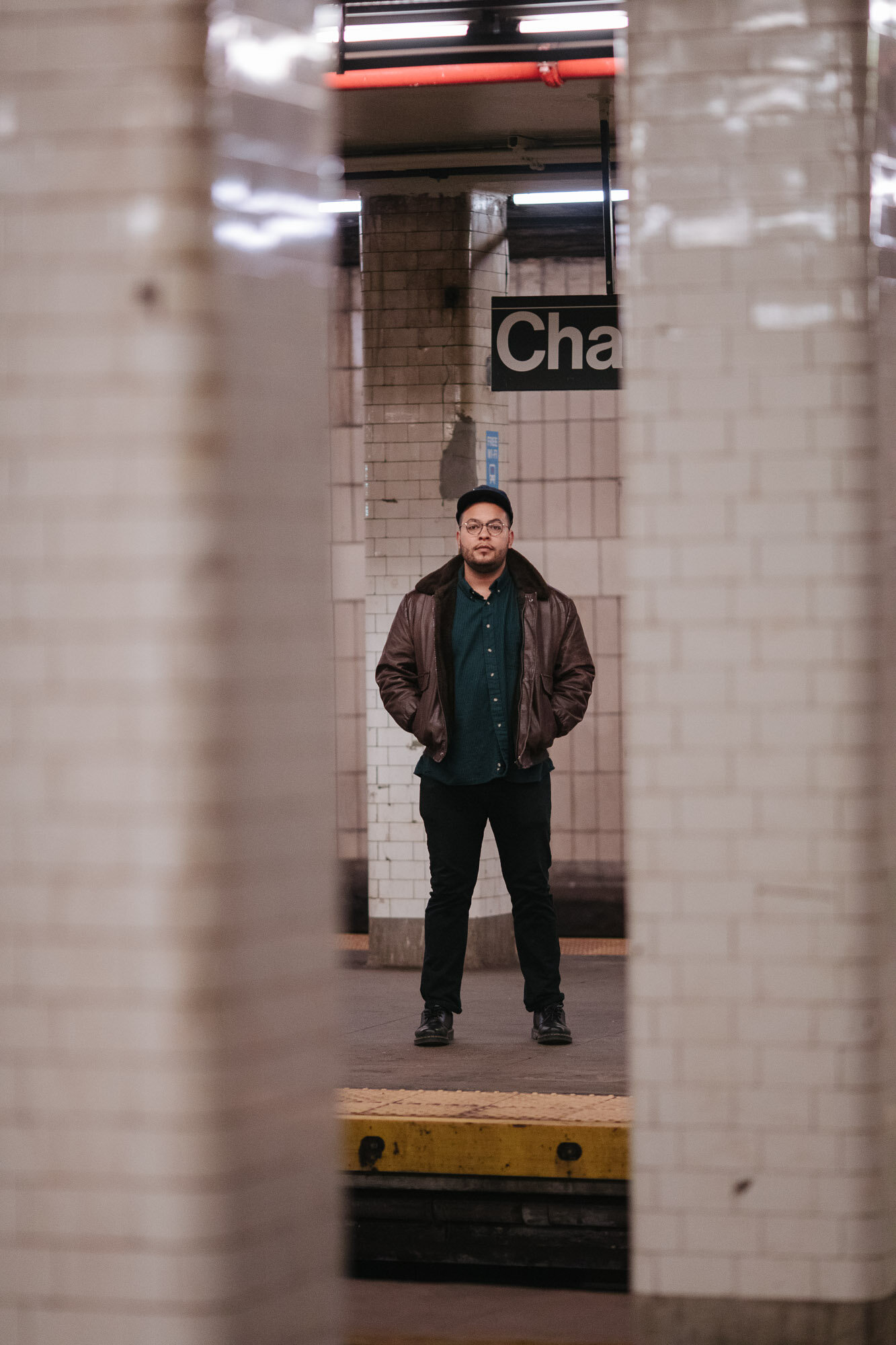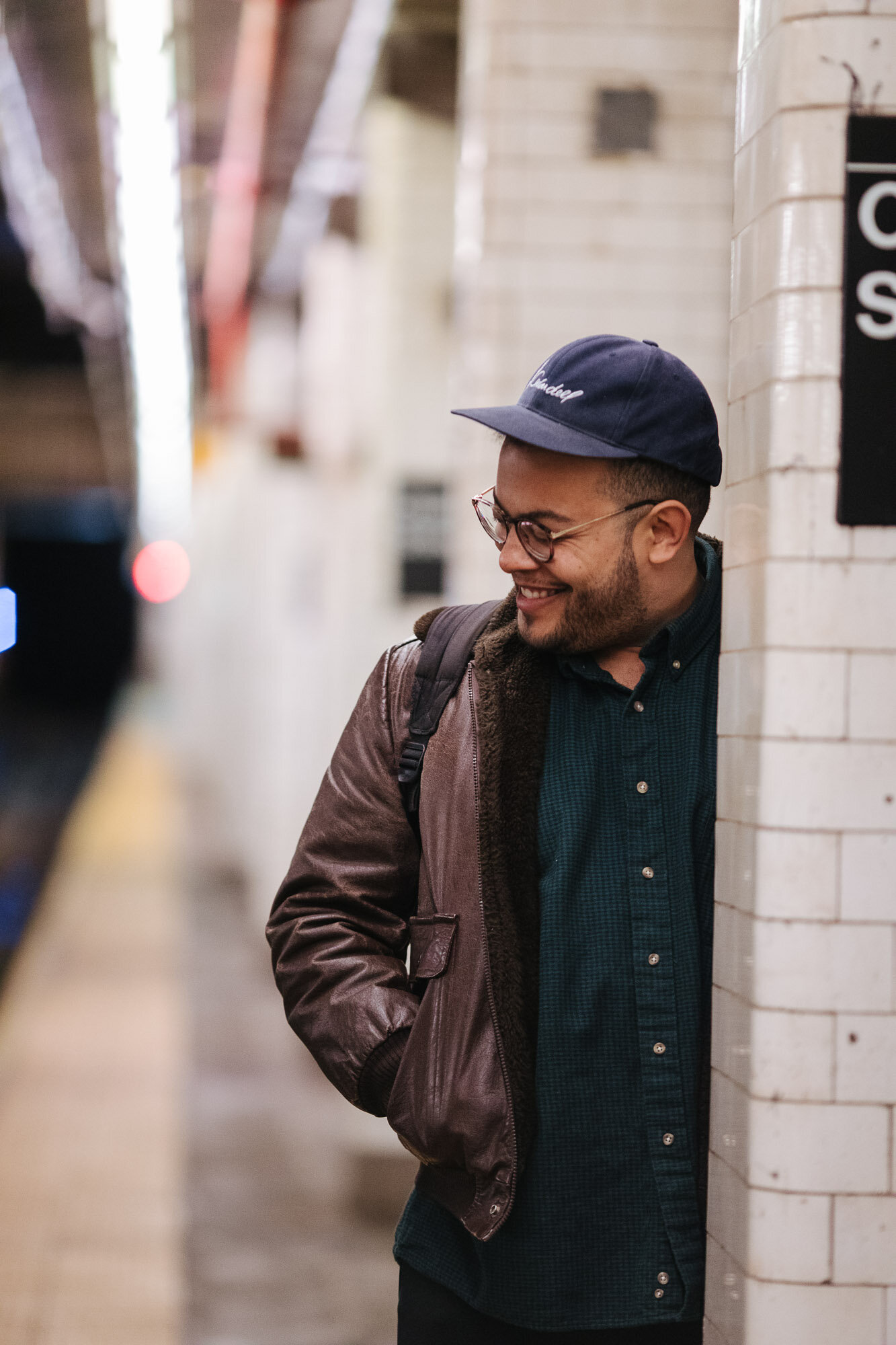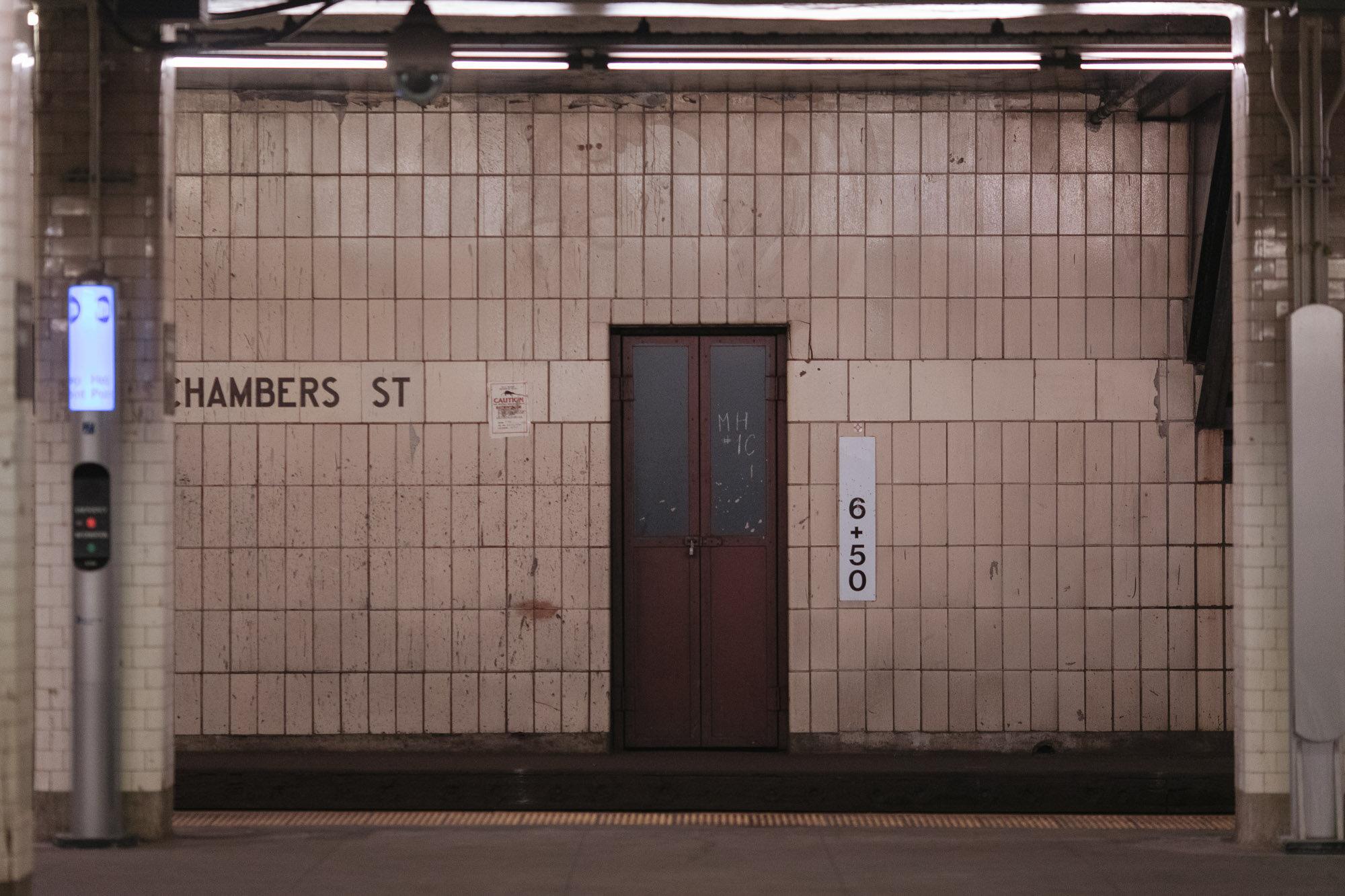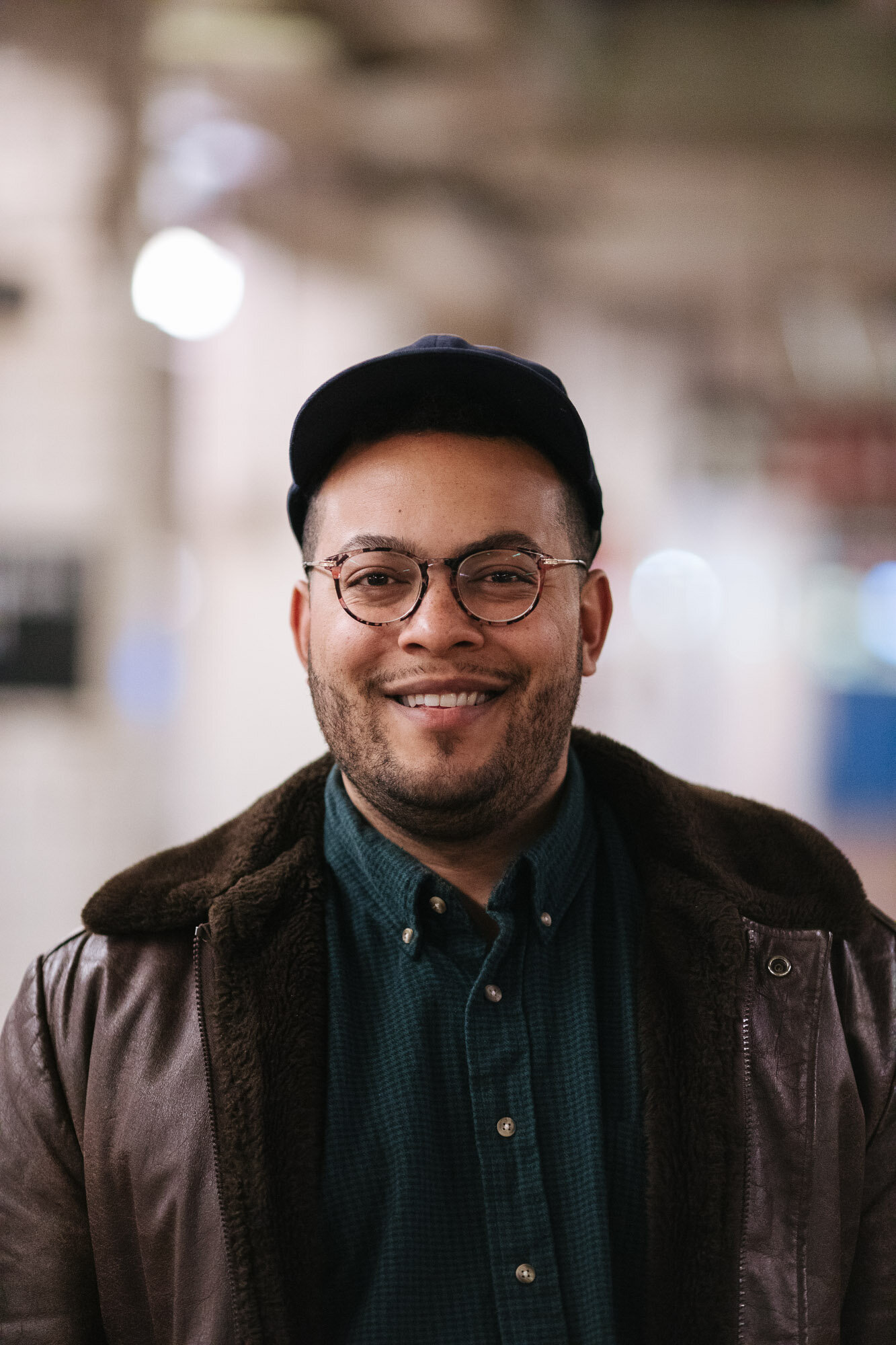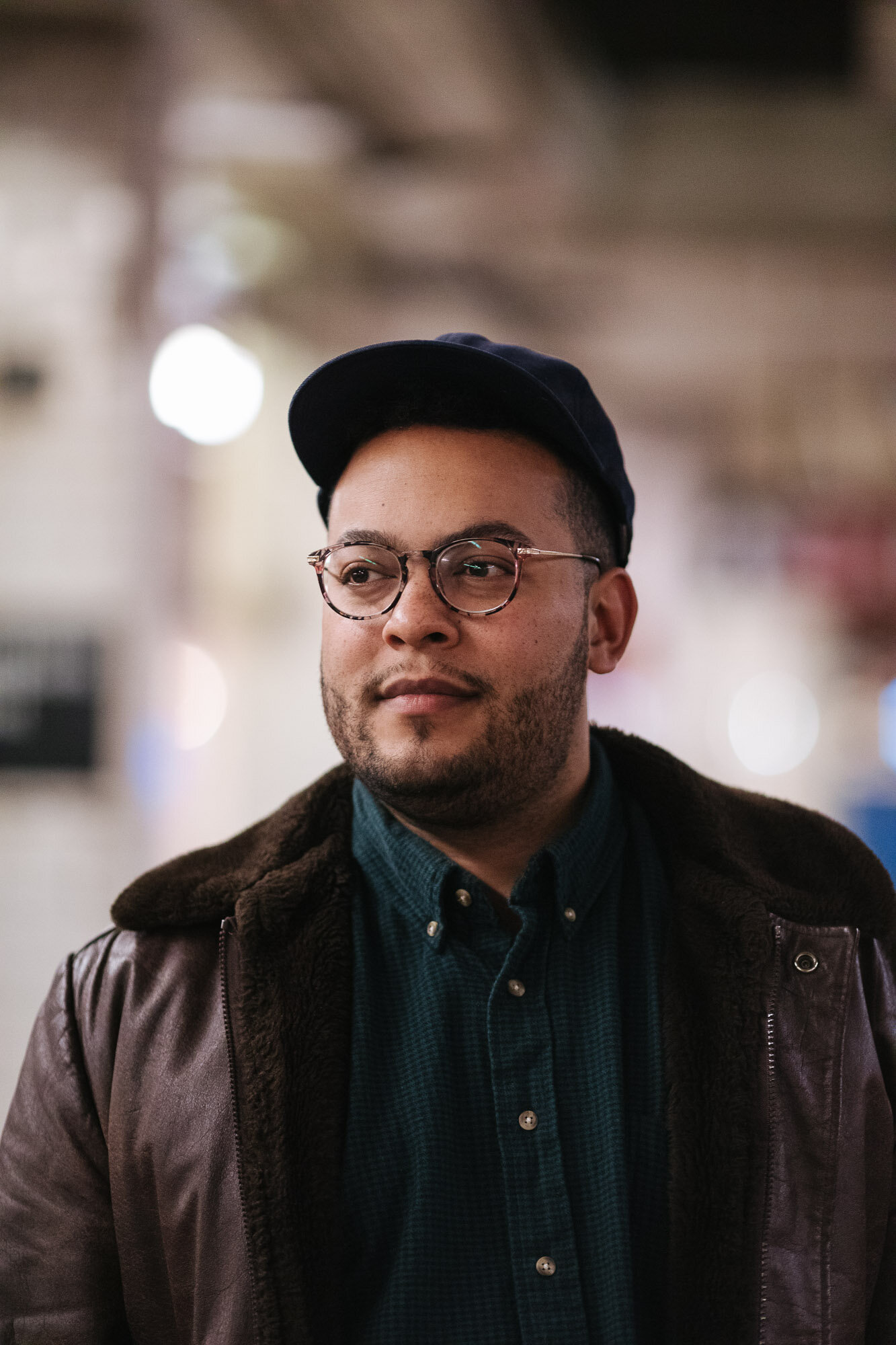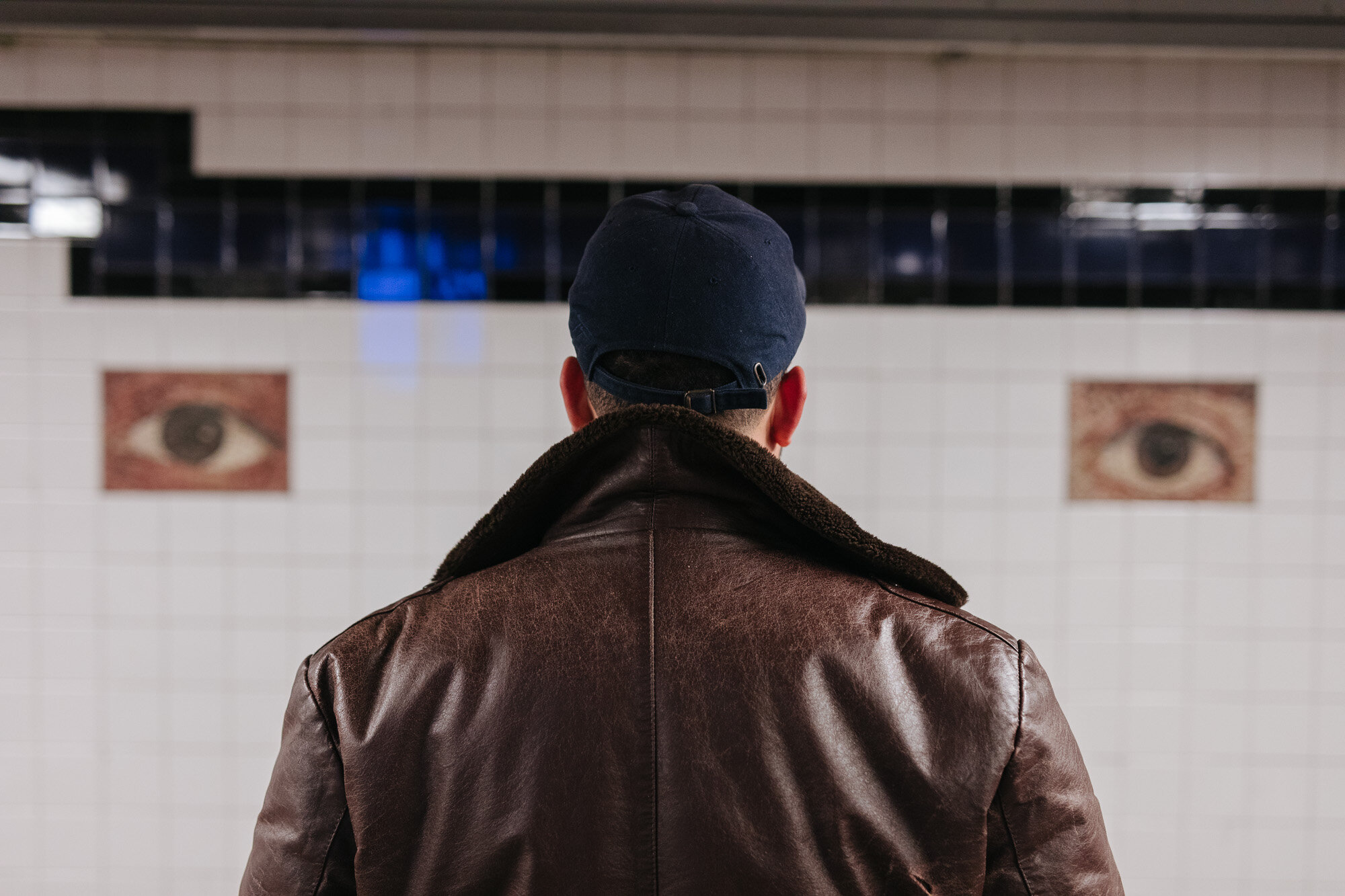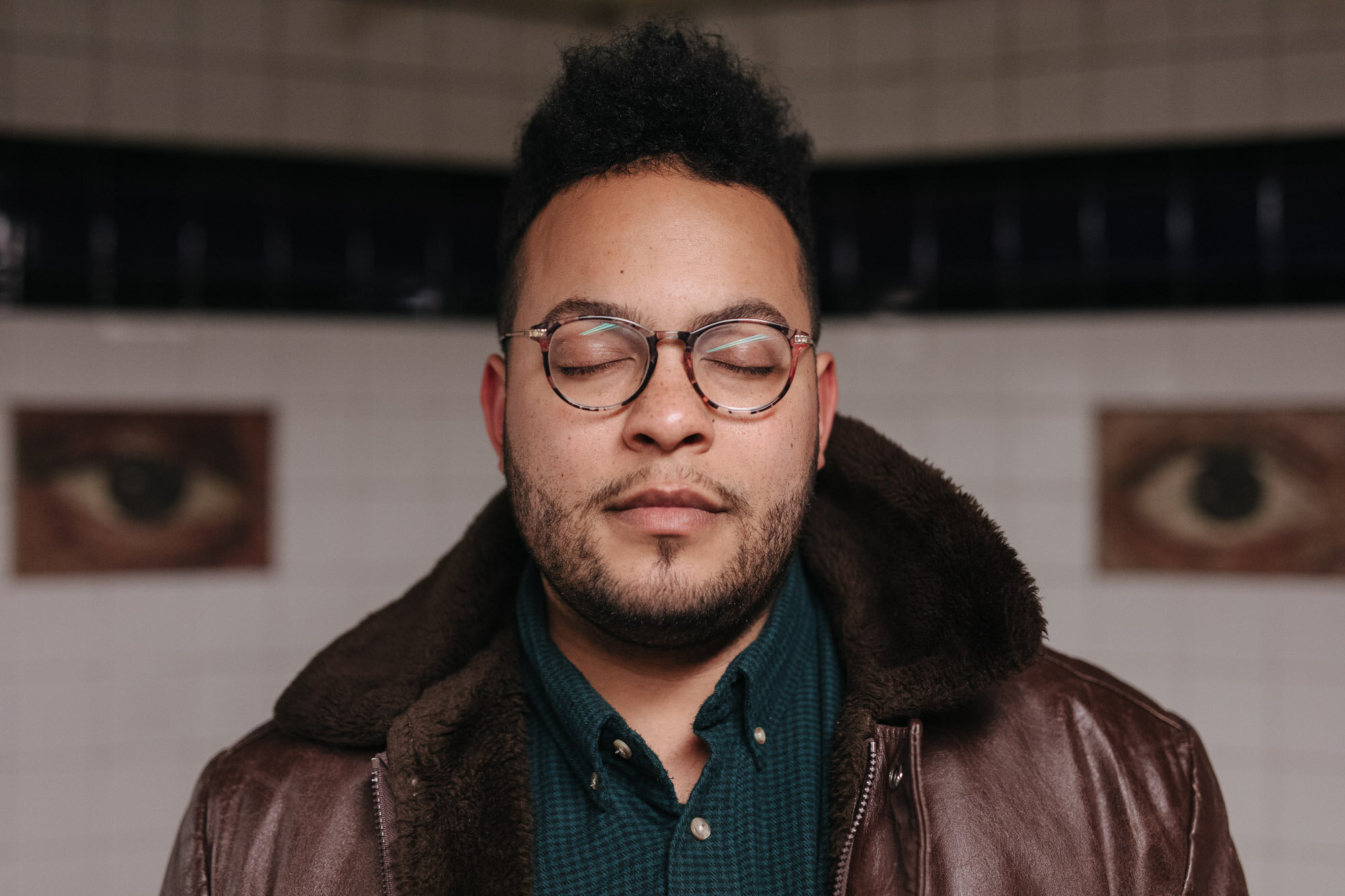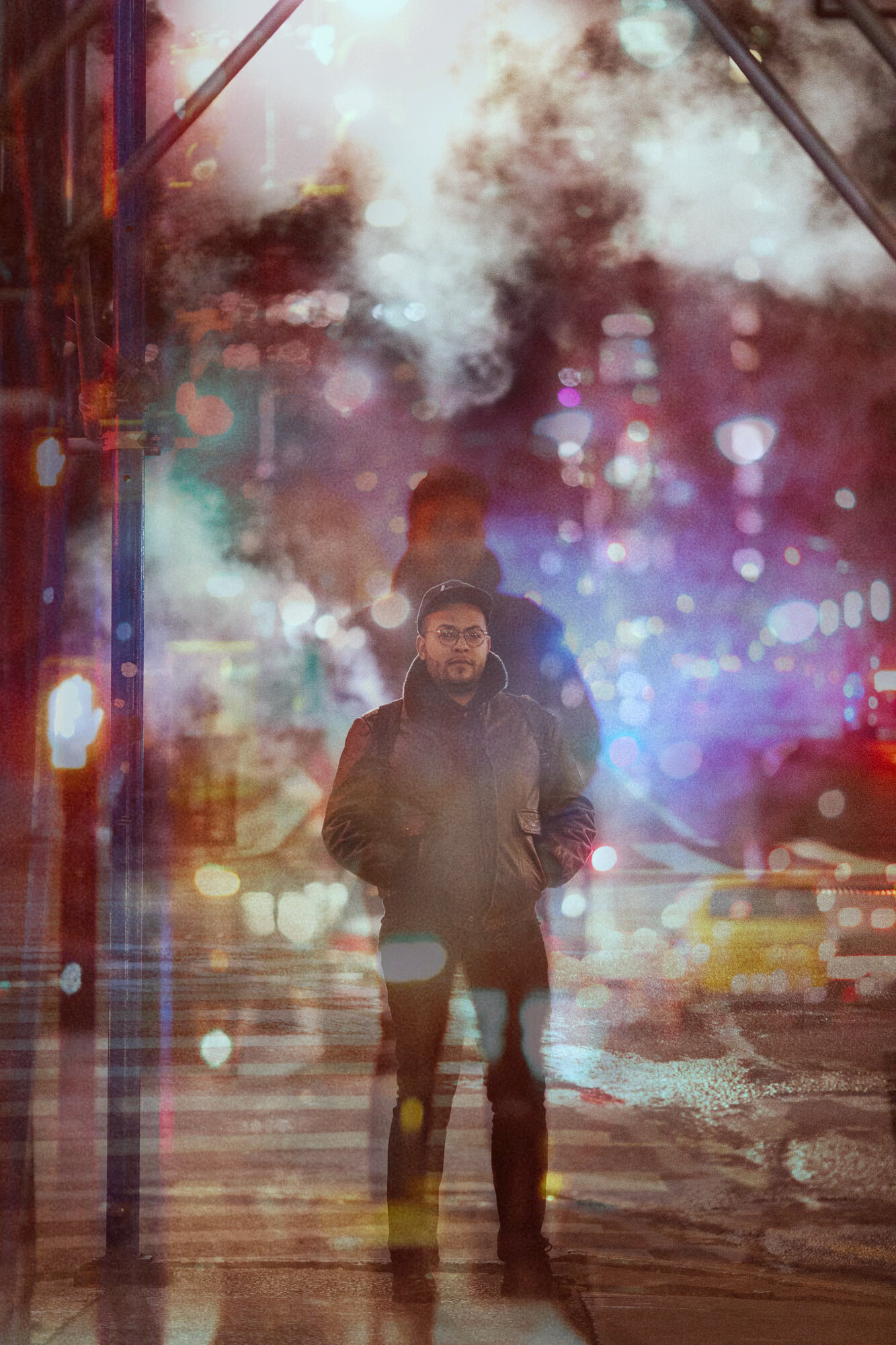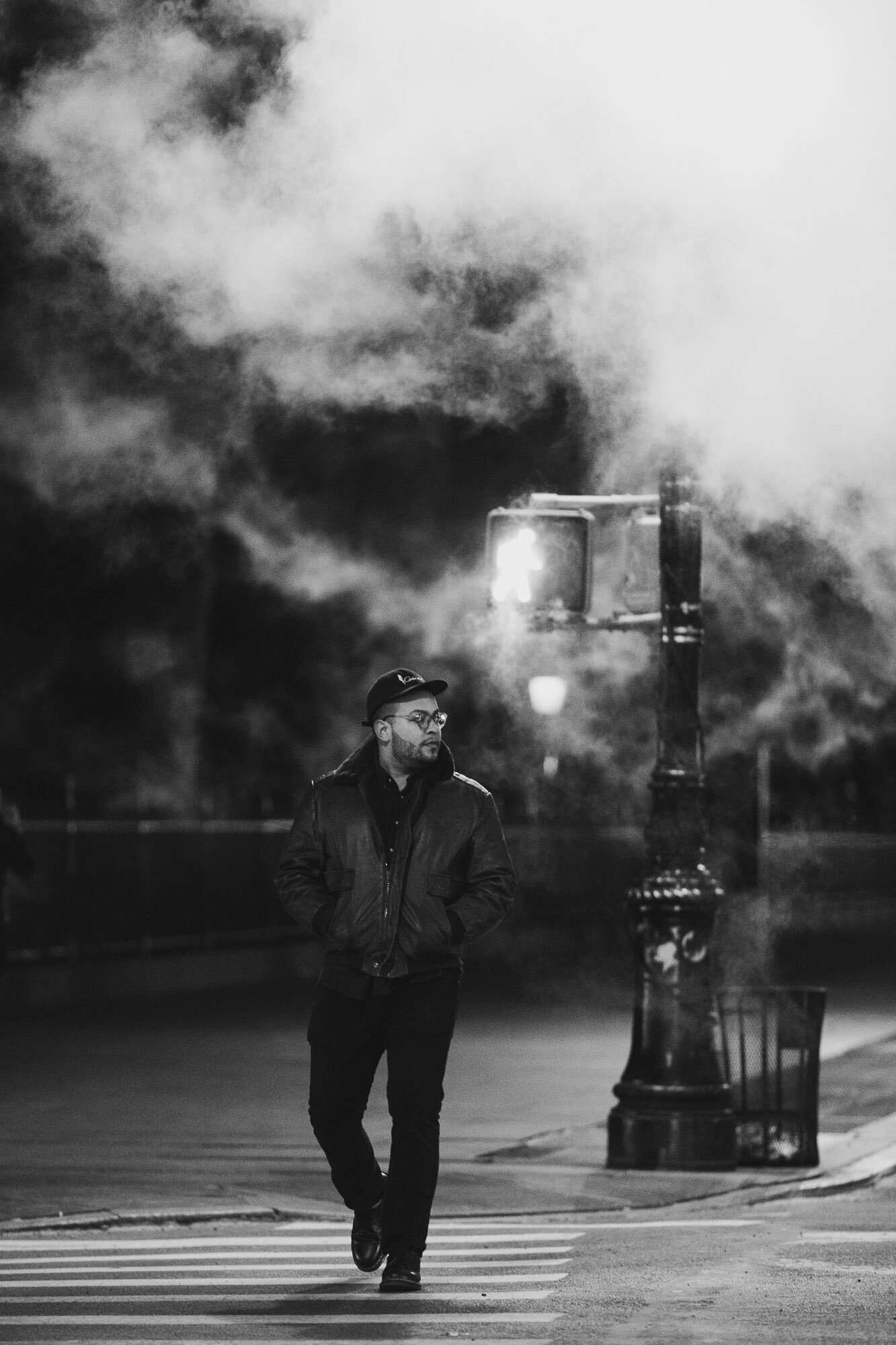spotlight: jeff cooper
jeff cooper, creative
– Tell us a little bit about yourself. Where did you grow up and how were you raised?
I grew up in a pastel pink stucco home in the suburbs of Vancouver, a place called Surrey. It's a place that's hard to explain. It's a mix of working class, middle class and some very wealthy folks, often all living within blocks of each other, sometimes on the same street. I was raised alongside my sister who's only a year older than me, my Irish settler Mother and Trinidadian Father. It was a quiet upbringing in a suburb that was boring in the same gnawing way that most suburbs are. You grow up being desperate to leave.
– What are some challenges you have faced when it comes to navigating personal identity?
Growing up black and mixed in a city with so few black people created an isolating experience. In the 90s and early 2000s there were so few black people in Surrey that it was common to go weeks without seeing another black person besides your family. At the same time we were inundated with black culture through our TV's, radios and fashion. This was a time when rap music, R&B, black sitcoms and clothing labels were becoming mainstream for the first time. People in my city ate it up entirely. Kids were affecting "blaccents", speaking in ebonics, wearing baggy jeans and learning to breakdance. It's hard to overstate how deeply it influenced us. Being one of the only black kids around they all turned to me as a point of reference but in reality I was no different than they were. I wasn't African American and was arguably just as guilty of appropriating a one dimensional idea of blackness as they were. But, suddenly my ethnicity gave me a cool factor, a cachet and as a teen, cool is all you want to be. So I'd say I leaned into this pretty hard.
It was a confusing time and what compounded it was the fact that I was queer and in the closet. In this one dimensional understanding of what black was, the black male was meant to be hyper masculine. I had to police by body very very hard to hide my queerness and hold onto the social capital this stereotype was affording me.
It took me into my mid-20s to start to really let go and be a more authentic version of myself
– Have you ever experienced someone making assumptions about your background (race, ethnicity, culture, nationality, etc.). If so, what kind of assumptions were made and how did you deal with this?
I've always been read as black. With afro hair and brown skin there's never been any mistaking. What people haven't suspected so much is that I could be mixed. Growing up, when people would meet my mother for the first time there'd sometimes be an "oh" moment. With there being few black people in my city the idea of someone being mixed black and white hadn't even crossed most people's minds. So if there were ever any assumptions about my race it was that I couldn't possibly also be white. My mother and I still get looks sometimes to this day. It was really bad here in New York when we spent a few days together last year. In the train people kept staring, trying to figure us out and I found myself calling her mom loudly, so the whole car could hear, just to clear the air. It bothered me to be in that position.
– On our website we define [mxd] subjects as being "in perpetual flows and shifts between a multiplicity of personas, positions, and points of interconnection". In what way do you consider yourself to be a [mxd] subject? In other words, how does complexity fit into your personal identity? Or how do you dis-identify with identity labels that people impose on you?
First off, I love this question and this definition of Mxd. I vibe with it deeply. There's a chameleon-like quality to me that I know is the product of being raised in two cultures and also being queer. I have an ability to adapt to different groups of people. You have to be careful though. This can quickly become a series of performances, exhausting performances that don't keep your integrity or authenticity at the centre. That said, your definition feels freeing and I understand what you mean by it. I think it reflects my relationship with my mixedness now quite perfectly. Presently, I lean into the dynamism of perpetual flow. That's to say, the state of ever-changing as a permanent state of being. I understand my multiplicity and multi-positionality as all being truthful to me. I sacrifice none of who I am for other people and I don't leave any parts of me at the door.
– What are some themes and/or interests in your life that are important to you?
I recently graduated with a degree in Food Market Analysis. It may be hard to understand what that is simply based on its title. It's perhaps best to think of it as the study of all that is related to food and agriculture in the economy. That includes not just what we eat but how it's grown and what determines how much we pay for it. In North America we don't spend much time thinking about the health of the agricultural sector since it only represents about 5% of GDP. But, when we look at developing countries, agriculture can represent more than half of GDP. In the case of the world's poorest countries the proportion can climb as high as 80%. So when we talk about growing these countries' economies we're talking about growing the agricultural sector.
Towards the end of my degree that's what I was focusing mostly on, Economic Development in the world's least developed countries. It's something I'm still deeply interested in. Mostly because economics is actually the study of people and trying to understand why they make the choices they make. That’s the part I feel is often forgotten.
– What do you do and what are you currently working on? Feel free to include any personal/passion projects you are thinking of/working on that incorporate experiences/aspects of your background.
I'm a creative pouring all of my energy into a project called ‘The Mixd Project’. It's a collection of photographs and narratives of black folks of mixed race. I'm currently travelling across North America interviewing folks and hope to head to Europe in 2020. We talk about the good, the bad and even the ugly of our experiences being black and mixed. The project has no agenda and the subjects can speak freely. You can view the photography at www.themixdproject.com and check out the accompanying interviews either on the site or in Podcast form at The Mixd Project wherever you get your podcasts. There's also an instagram @the_mixd_project.








